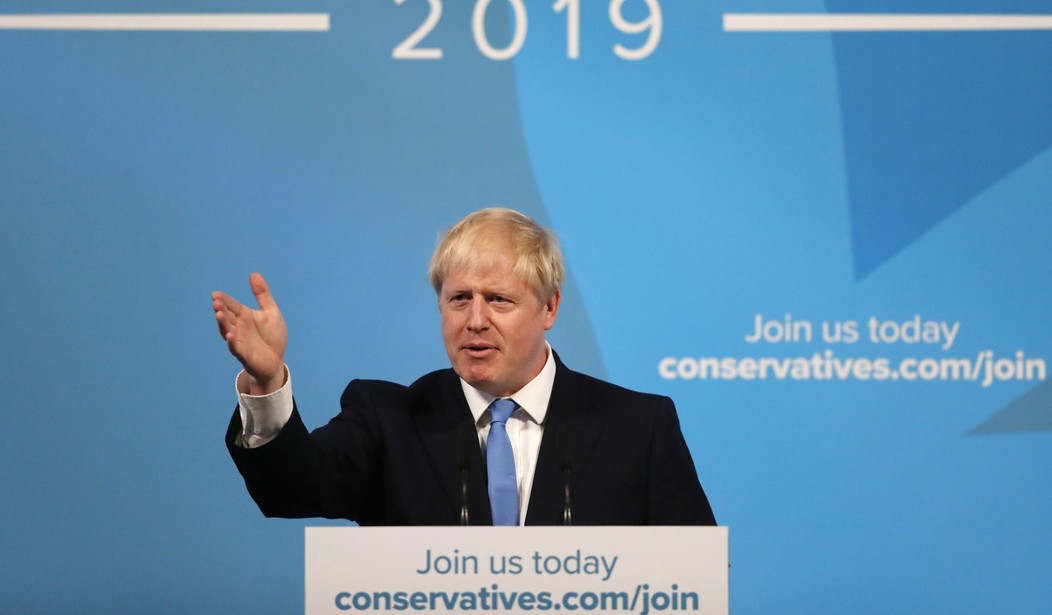Britain’s top court has ruled that Prime Minister Boris Johnson’s suspension of Parliament for five weeks leading up to the UK’s exit from the European Union is illegal.
The ruling prompted calls from the opposition for Johnson to resign.
The unanimous, strongly worded Supreme Court judgment declared his order to suspend Parliament “void and of no effect.” The court found that Johnson acted to limit debate by lawmakers on Britain’s impending departure from the European Union in violation of Parliament’s constitutional role.
While Great Britain has no written constitution, they have hundreds of years of precedent and tradition. The Supreme Court’s president, Brenda Hale, rejected Johnson’s suspension in harsh terms, writing that his action “was unlawful because it had the effect of frustrating or preventing the ability of Parliament to carry out its constitutional functions without reasonable justification.”
Indeed, Johnson’s proroguing of Parliament was political in nature. Pressure had been building for a second referendum on Brexit and sentiment was growing that a “no-deal” Brexit would be catastrophic. Johnson sought to stifle dissent by sending members home, while also giving him some breathing room so that he could try and make a better exit deal with the EU.
As it is, the ruling doesn’t materially change the situation. But it’s an open question now whether Johnson can continue as prime minister.
Opposition Labour Party leader Jeremy Corbyn told his party conference that the court decision shows Johnson’s “contempt” for democracy and rule of law. He said Johnson should resign “and become the shortest-serving prime minister there’s ever been.”
“I invite Boris Johnson, in the historic words, to consider his position,” Corbyn told the party faithful in the southern city of Brighton.
Liberal Democrats leader Jo Swinson said the ruling made it clear that Johnson “is not fit to be prime minister.” She said he “acted unlawfully, tried to silence Parliament, tried to silence the voices of the people, because he does not want to be held to account … for his disastrous Brexit policy.”
The ruling is significant for the future in Great Britain in that it reaffirms parliament’s supremacy over executive power. Johnson had to get the queen and her council to declare parliament prorogued, but the court ruled that his recommendation was without merit and therefore, illegal.
The prime minister now faces more than a month of growing discontent with his Brexit policies, which, at the very least, will throw the country into chaos without a formal exit deal with the EU. It’s anyone’s guess at this point whether he will survive as prime minister to see the October 31 Brexit deadline.









Join the conversation as a VIP Member